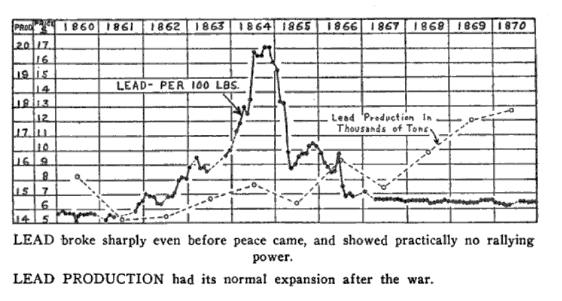I'm going to have to agree with the general consensus that the Confederacy needs to have everything go their way. As an example, in the election of 1864, the tipping point state was Indiana, with Lincoln holding a 7 percentage point margin. This is actually a better tipping point margin than FDR had over Wendell Willkie in 1940. Sure you can argue that the fall of Atlanta helped Lincoln's chances, but not Wendell Willkie helped.
Likewise one can make a whole speculation over intervention, but European military intervention isn't an automatic game-over either. The French are tied down in Mexico, and even in the Second Italian War of Independence in 1859 marshaled only ~130,000 soldiers on their own doorstep. That's not an overwhelming force, especially when reduced for distance and the forces occupying Mexico. Likewise The British can claim 100,000 men in Canada, but a great many are militia, and as shown by the U.S. Army in the Civil War, actual battlefield numbers are a fraction of total forces in theater. So unless the UK and France are going total-war-all-out, their maybe 80,000 men for actual offensive action is not great for the Union, but not a knockout.
Similarly the argument that European intervention is decisive for resources reasons is at least debatable. While the US did import lead and gunpowder, it did so for cost reasons; the nitrate deposits in for instance, Mammoth Cave, were well known, and had been exploited in the exact same situation of a British gunpowder embargo during the War of 1812. The U.S. in general is not known for lacking in mineral resources.
Certainly we can point-and-counterpoint all day about specifics, but my point is that while the CSA can win, it doesn't need one more thing to go right. It needs at least two more things to go right, and two of the same sort of thing: no fall of Atlanta AND another Union setback; European Intervention AND a decisive total war commitment from Britain and France on top of it. It's possible, but very hard to accomplish.
Likewise one can make a whole speculation over intervention, but European military intervention isn't an automatic game-over either. The French are tied down in Mexico, and even in the Second Italian War of Independence in 1859 marshaled only ~130,000 soldiers on their own doorstep. That's not an overwhelming force, especially when reduced for distance and the forces occupying Mexico. Likewise The British can claim 100,000 men in Canada, but a great many are militia, and as shown by the U.S. Army in the Civil War, actual battlefield numbers are a fraction of total forces in theater. So unless the UK and France are going total-war-all-out, their maybe 80,000 men for actual offensive action is not great for the Union, but not a knockout.
Similarly the argument that European intervention is decisive for resources reasons is at least debatable. While the US did import lead and gunpowder, it did so for cost reasons; the nitrate deposits in for instance, Mammoth Cave, were well known, and had been exploited in the exact same situation of a British gunpowder embargo during the War of 1812. The U.S. in general is not known for lacking in mineral resources.
Certainly we can point-and-counterpoint all day about specifics, but my point is that while the CSA can win, it doesn't need one more thing to go right. It needs at least two more things to go right, and two of the same sort of thing: no fall of Atlanta AND another Union setback; European Intervention AND a decisive total war commitment from Britain and France on top of it. It's possible, but very hard to accomplish.
